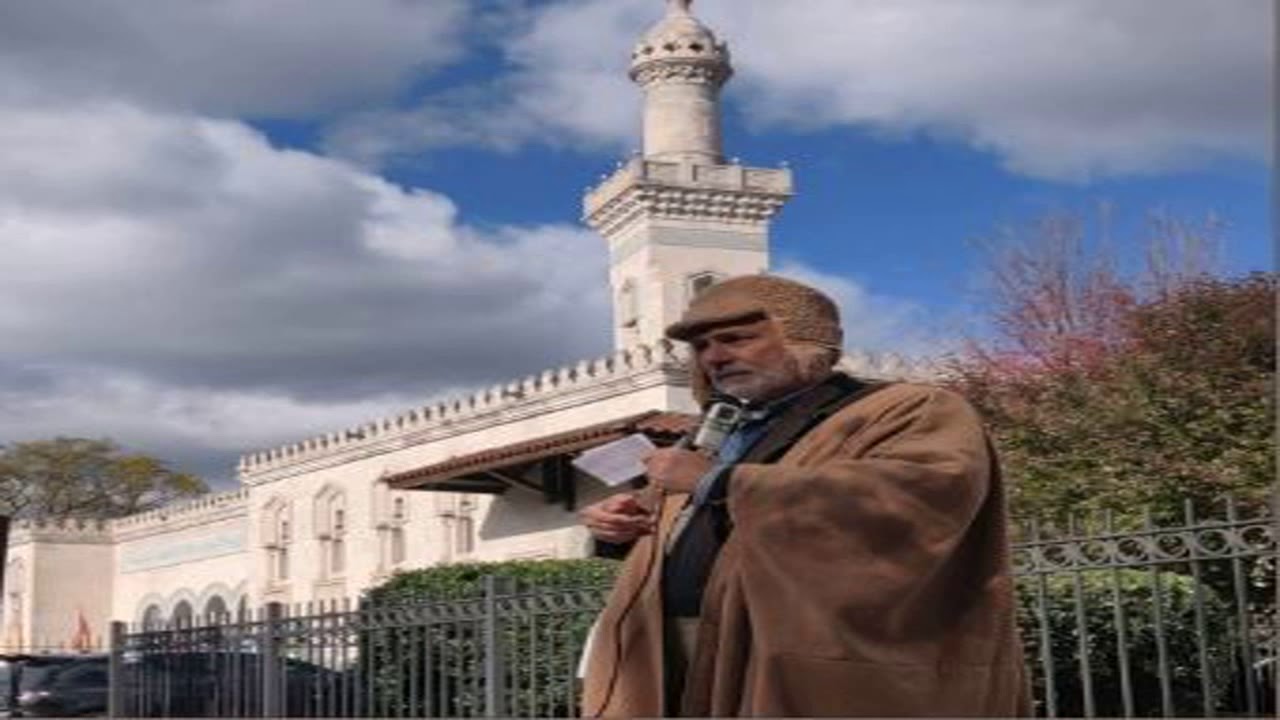



Why are we praying here in the street? What’s all of this about? The answer is simple. We get this question. Some people ask. This is a very transient city. A lot of individuals come here for a few weeks or months or years and then they leave and they see this. We’re praying. What’s this all about? It’s simple- we’re here outside for the past almost going on our thirty-eighth year.
The people of Lebanon voted for stability and security in the parliamentary elections giving the Hizbullah-led alliance a comfortable majority with 67 out of 128 seats.
After months of political uncertainty, Afghanistan has new president, a former executive at the World Bank. There is also a new ‘chief executive,’ a post created courtesy of the Americans. The more things change, the more they remain the same.
Nearly a million people have been made homeless in the Pakistan military assault on North Waziristan. The campaign is launched at the behest of the US to serve imperial interests. It will cost Pakistan dearly.
Parliamentary elections were held in Libya on June 25 but few people bothered to cast ballot. They had more weighty things on their mind: the growing security problem, lack of food and fuel and total chaos that has gripped the country since the US-Nato alliance “liberated” it from the clutches of Colonel Qaddafi.
The Syrian people have shown that they reject the takfiri terrorists and all foreign interference in their country.
The people of South Africa have once again reposed confidence in the African National Congress but there are challenges ahead both from the Democratic Alliance (DA) and the Economic Freedom Front (EFF) that have made inroads in urban and rural areas respectively.
Several countries have had elections, are going through them or are about to hold them. Do elections bring change or maintain the status quo?
The April 5 presidential elections are not likely to change conditions for the long-suffering Afghan people much as long as there is foreign manipulation through money and troops presence in the country.
Local elections slated for end of March will be an important test for Prime Minister Recept Tayip Erdogan and his AKP party to see whether he can weather the Gulenist-led scandals that have gripped Turkey.
The regime of Hasina Wajed who just “won” a fraudulent election in Bangladesh, appears determined to kill all its opponents either through flawed judicial processes or by making scandalous allegations against opponents. The result is turmoil that may perhaps lead to civil war.
When voting ended on the night of June 12, most people in Turkey did not have to wait for official results of the general elections. Turkish and foreign experts had already anticipated that Recep Tayyip Erdogan’s ruling Justice and Development Party (AKP) would win a third consecutive victory. A few hours later when early results came in, a landslide victory was confirmed for the AKP.
By Tahir Mahmoud On July 20, 1988 when Iran accepted a ceasefire in the Iraqi-imposed war that was backed and financed by the US and Arab regimes, most people assumed that the war had ended. The shooting may have stopped but the war against
Iran’s June 12 presidential elections in which the incumbent, President Mah-moud Ahmedinejad, retained his post by a wide margin over his nearest rival Mir Hussain Mousavi has provided the Muslim-hating West another opportunity to spout its anti-Islamic venom. Through its media mouthpieces, they had already declared Mousavi the winner even before the people of Iran had had an opportunity to cast their vote. When the result turned out against their wishes, it was immediately denounced as “rigged”. It seems even Mousavi had fallen for this propaganda because he, too, prior to polls closing, told a Tehran press conference that he had “won”.
Tiny Lebanon (population, 4 million) seems to be getting far too much attention from the US on the eve of parliamentary elections scheduled for June 7. There is palpable panic in Washington at the prospects of the Hizbullah
It was more like a numbers contest than a vote to choose a common political future for an anguished nation. Members of Iraq's diverse communities turned out in large numbers on December 15 to elect their representatives for a four-year parliament. But instead of voting for political platforms that would foster unity and reconciliation, most Iraqis voted for lists representing their own communities.
As Crescent International goes to press, it remains uncertain whether the elections for the Palestinian Legislative Council (PLC) that are due to take place on January 25 will actually go ahead. Israel made a clear attempt to sabotage them on December 21, when it announced that Palestinians in Jerusalem would not be permitted to vote if Hamas were allowed to take part in the polls.
It is a worrying sign when western leaders and their sidekicks — media, NGOs and thinktanks — welcome a new government in any Muslim country...


